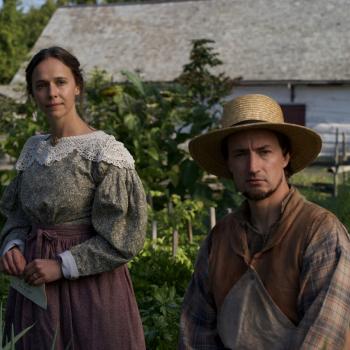
Compare Matthew 18:12-14
There are at least three points to be drawn from these brief passages:
1) The Lord really, really values the souls of individual people; there is nobody, not even the most unrighteous, for whom he has no concern. (This works powerfully, I think, against certain Calvinistic suggestions that he essentially created some people for the purpose of damning them.)
2) Christians aren’t supposed to interact solely with “the righteous.” If we’re to reach out, we’re to do it even to people whom we might regard as unlikely to accept the Gospel. They might well surprise us. (I know that I’ve been surprised. More than once.)
3) On one level, these parables seem to apply to people whom the Lord has lost. They’re his strayed children. (See the parable of the Prodigal Son, coming up next at Luke 15:11-32.) Taken that way, these parables charter missionary work and evangelization, taking the Gospel to people who haven’t heard it. (See Matthew 9:36-38.) However, they might just as well be taken as applying to those who’ve once known the Gospel but have gone missing. In that sense, these little vignettes support reaching out to those who’ve rejected their covenants and abandoned their former beliefs. Again, we’re to reach out even to people whom we might regard as unlikely to accept our message. They might well surprise us. I’ve been surprised on several occasions to see once embittered people return to full belief and fellowship.
Posted from Victoria, British Columbia











